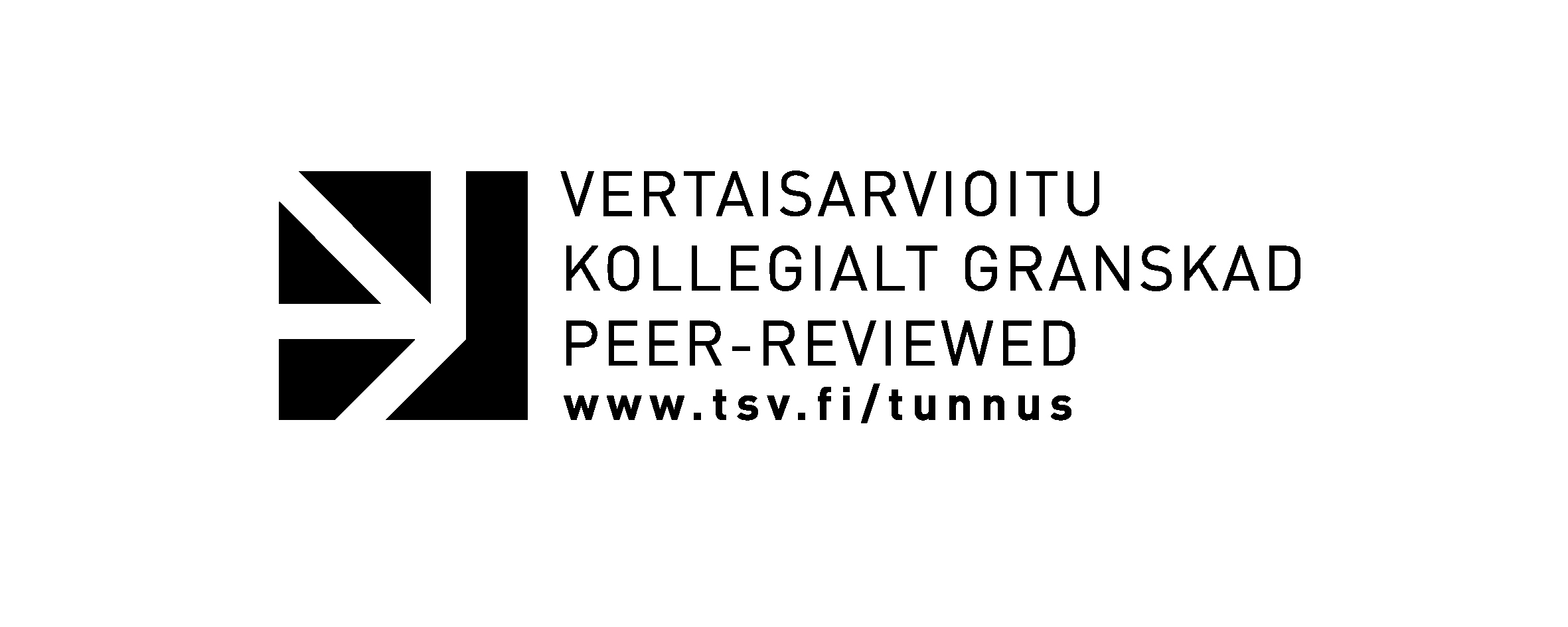Ethnologia Fennica is an international journal of the Association of Finnish ethnologists. The journal publishes original scholarly articles, review articles, congress reports, and book reviews that promote Finnish ethnological research.
Review Articles
Manuscripts submitted for the article section (both research and review articles) may not exceed 10,000 words. All articles include:
- a 200-word abstract
- a short list of key words
- a list of references or bibliography
- acknowledgements in the first footnote
A guiding structure and content of a review article in Ethnologia Fennica is as follows:
A review article is a critical evaluation of research literature, method, theoretical discussion or a phenomenon. Above all, a review makes an argument. The most important element of a review is that it is a commentary, not merely a summary. It allows you to enter into dialogue and discussion with the work’s creator and with other audiences. You can offer agreement or disagreement and identify where you find the work exemplary or deficient in its knowledge, judgments, or organization. You should clearly state your opinion of the work in question, and that statement will probably resemble other types of academic writing, with a thesis statement, supporting body paragraphs, and a conclusion. Review article does not need to introduce examples of original empirical research.
While review articles may they vary in tone, subject, and style, they share some common features:
First, a review gives the reader a concise summary of the content. This includes a relevant description of the topic as well as its overall perspective, argument, or purpose.
Second, and more importantly, a review offers a critical assessment of the content. This involves your reactions to the work under review: what strikes you as noteworthy, whether or not it was effective or persuasive, and how it enhanced your understanding of the issues at hand.
Finally, in addition to analyzing the work, a review article considers how the topic could be approached in future research.







